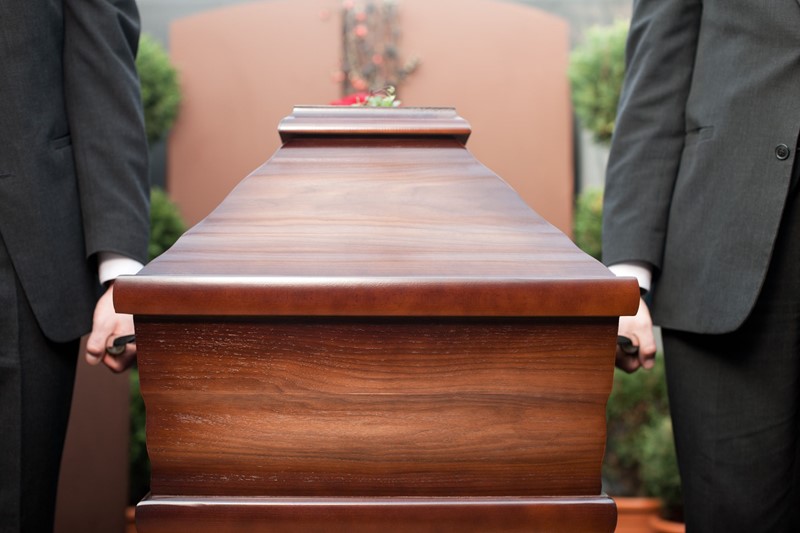Tax returns for a deceased taxpayer
You may need to submit tax returns for someone who has died. As the personal representative, you are legally responsible for reporting income earned before and after death.
This person, known as the ‘personal representative’, is legally responsible for dealing with the deceased’s money, property and possessions. This includes reporting income earned both before death and income generated by the estate afterwards.
HMRC will inform the personal representative if self-assessment return is needed for the deceased. If so, they will send the necessary forms. To complete the return, the personal representative will need financial details such as:
- Bank and savings records
- Dividend statements
- Employment documents (P45 or P60)
- Pension and state pension information
- Income from property or self-employment
The tax return must be sent by post to meet the deadline provided in HMRC’s letter. The personal representative can also appoint an accountant or other professional to assist in compiling the tax return.
If the estate continues to generate income (e.g., from rent or investments), the personal representative may also need to:
- Register with HMRC
- Submit a separate tax return for this income










